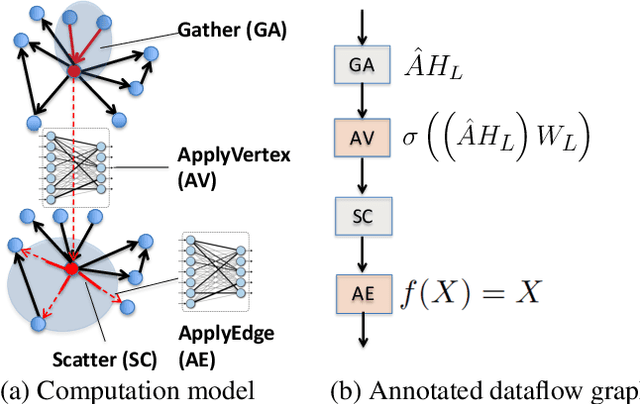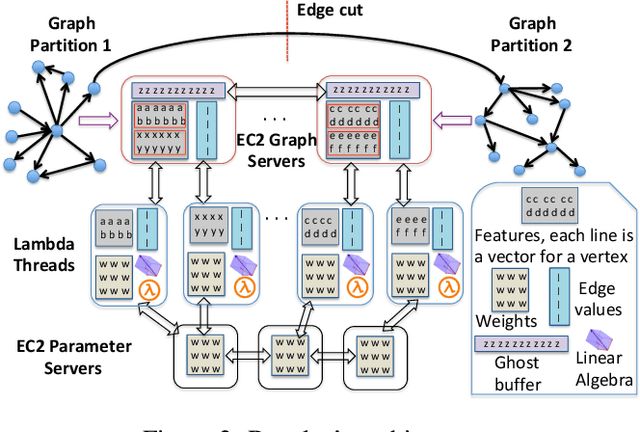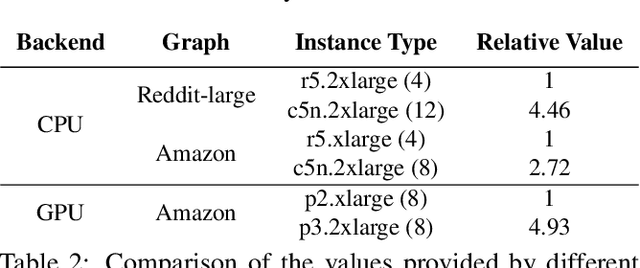Jonathan Eyolfson
Bamboo: Making Preemptible Instances Resilient for Affordable Training of Large DNNs
Apr 26, 2022



Abstract:DNN models across many domains continue to grow in size, resulting in high resource requirements for effective training, and unpalatable (and often unaffordable) costs for organizations and research labs across scales. This paper aims to significantly reduce training costs with effective use of preemptible instances, i.e., those that can be obtained at a much cheaper price while idle, but may be preempted whenever requested by priority users. Doing so, however, requires new forms of resiliency and efficiency to cope with the possibility of frequent preemptions - a failure model that is drastically different from the occasional failures in normal cluster settings that existing checkpointing techniques target. We present Bamboo, a distributed system that tackles these challenges by introducing redundant computations into the training pipeline, i.e., whereby one node performs computations over not only its own layers but also over some layers in its neighbor. Our key insight is that training large models often requires pipeline parallelism where "pipeline bubbles" naturally exist. Bamboo carefully fills redundant computations into these bubbles, providing resilience at a low cost. Across a variety of widely used DNN models, Bamboo outperforms traditional checkpointing by 3.7x in training throughput, and reduces costs by 2.4x compared to a setting where on-demand instances are used.
Dorylus: Affordable, Scalable, and Accurate GNN Training with Distributed CPU Servers and Serverless Threads
May 25, 2021



Abstract:A graph neural network (GNN) enables deep learning on structured graph data. There are two major GNN training obstacles: 1) it relies on high-end servers with many GPUs which are expensive to purchase and maintain, and 2) limited memory on GPUs cannot scale to today's billion-edge graphs. This paper presents Dorylus: a distributed system for training GNNs. Uniquely, Dorylus can take advantage of serverless computing to increase scalability at a low cost. The key insight guiding our design is computation separation. Computation separation makes it possible to construct a deep, bounded-asynchronous pipeline where graph and tensor parallel tasks can fully overlap, effectively hiding the network latency incurred by Lambdas. With the help of thousands of Lambda threads, Dorylus scales GNN training to billion-edge graphs. Currently, for large graphs, CPU servers offer the best performance-per-dollar over GPU servers. Just using Lambdas on top of CPU servers offers up to 2.75x more performance-per-dollar than training only with CPU servers. Concretely, Dorylus is 1.22x faster and 4.83x cheaper than GPU servers for massive sparse graphs. Dorylus is up to 3.8x faster and 10.7x cheaper compared to existing sampling-based systems.
 Add to Chrome
Add to Chrome Add to Firefox
Add to Firefox Add to Edge
Add to Edge